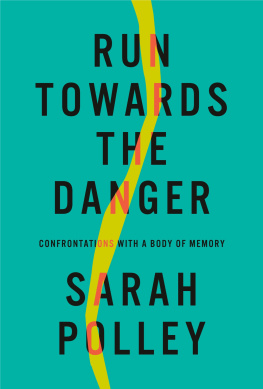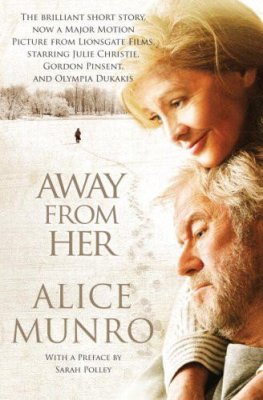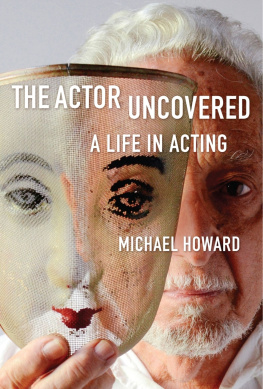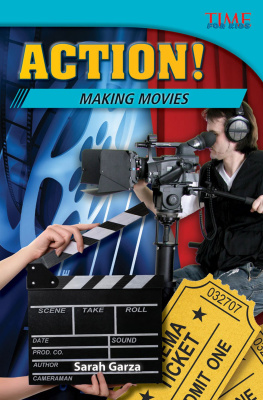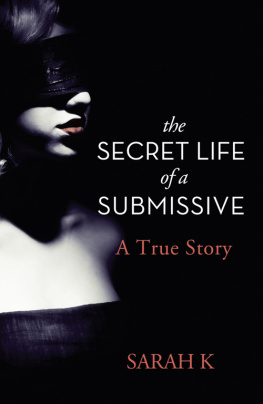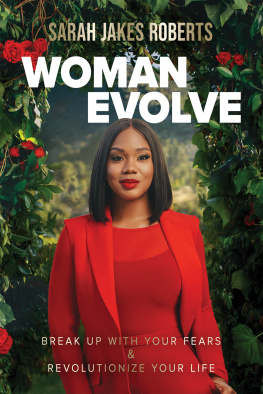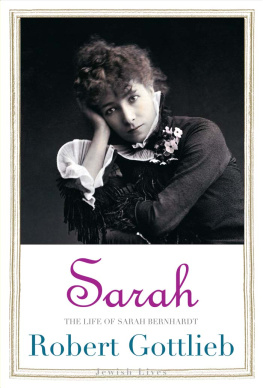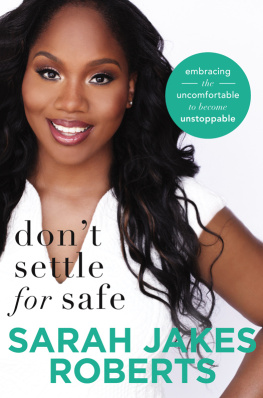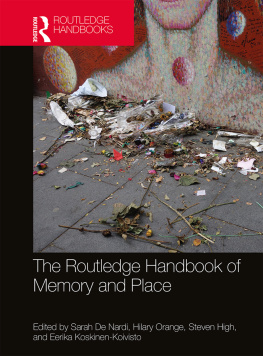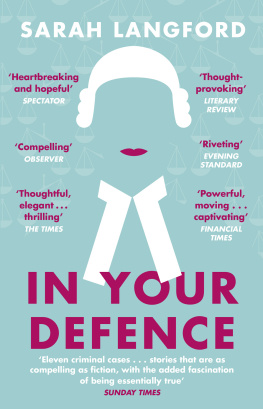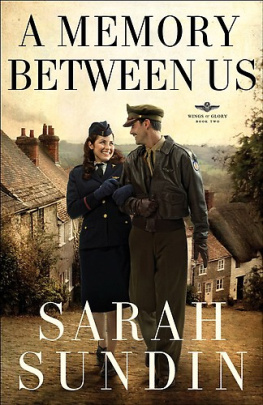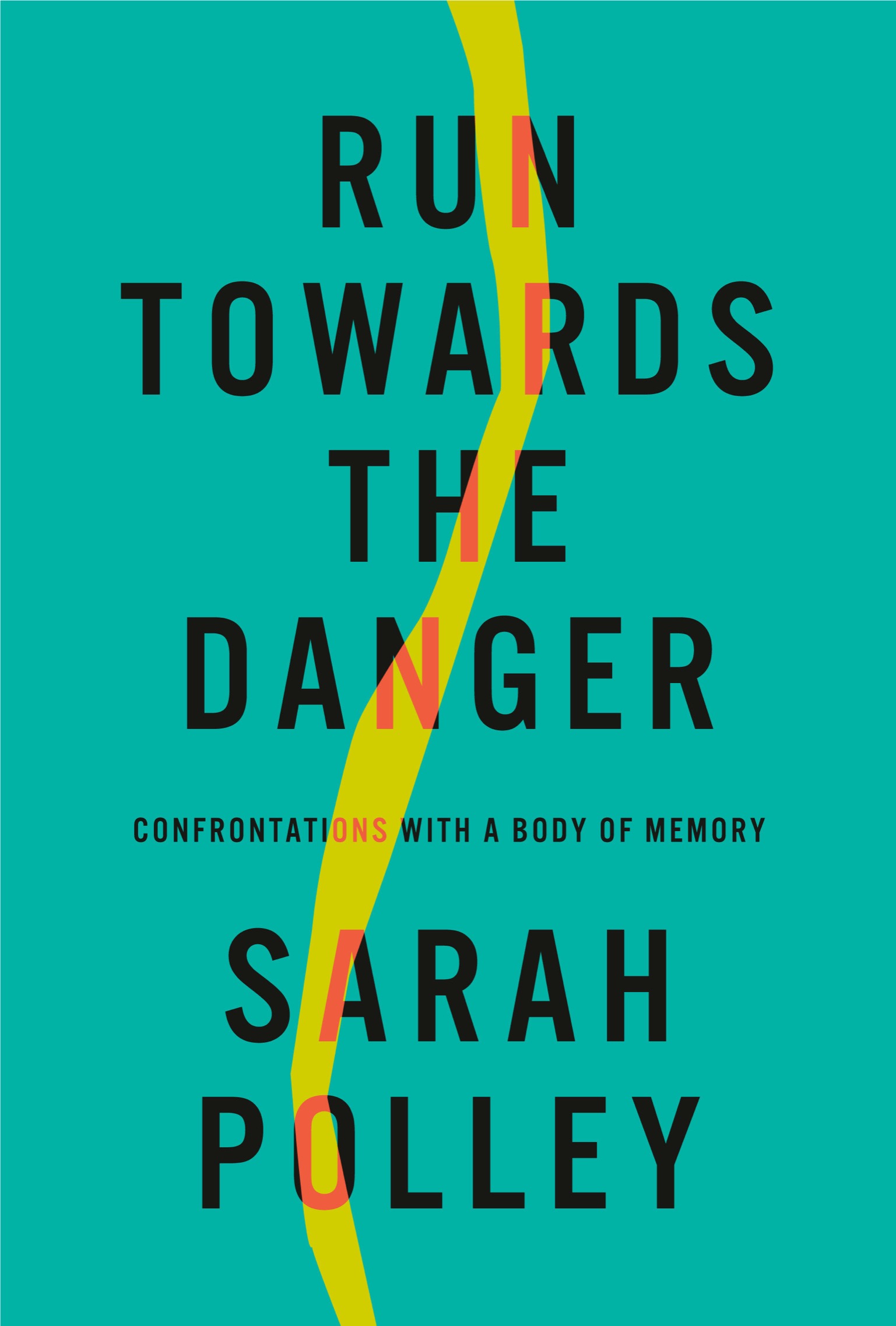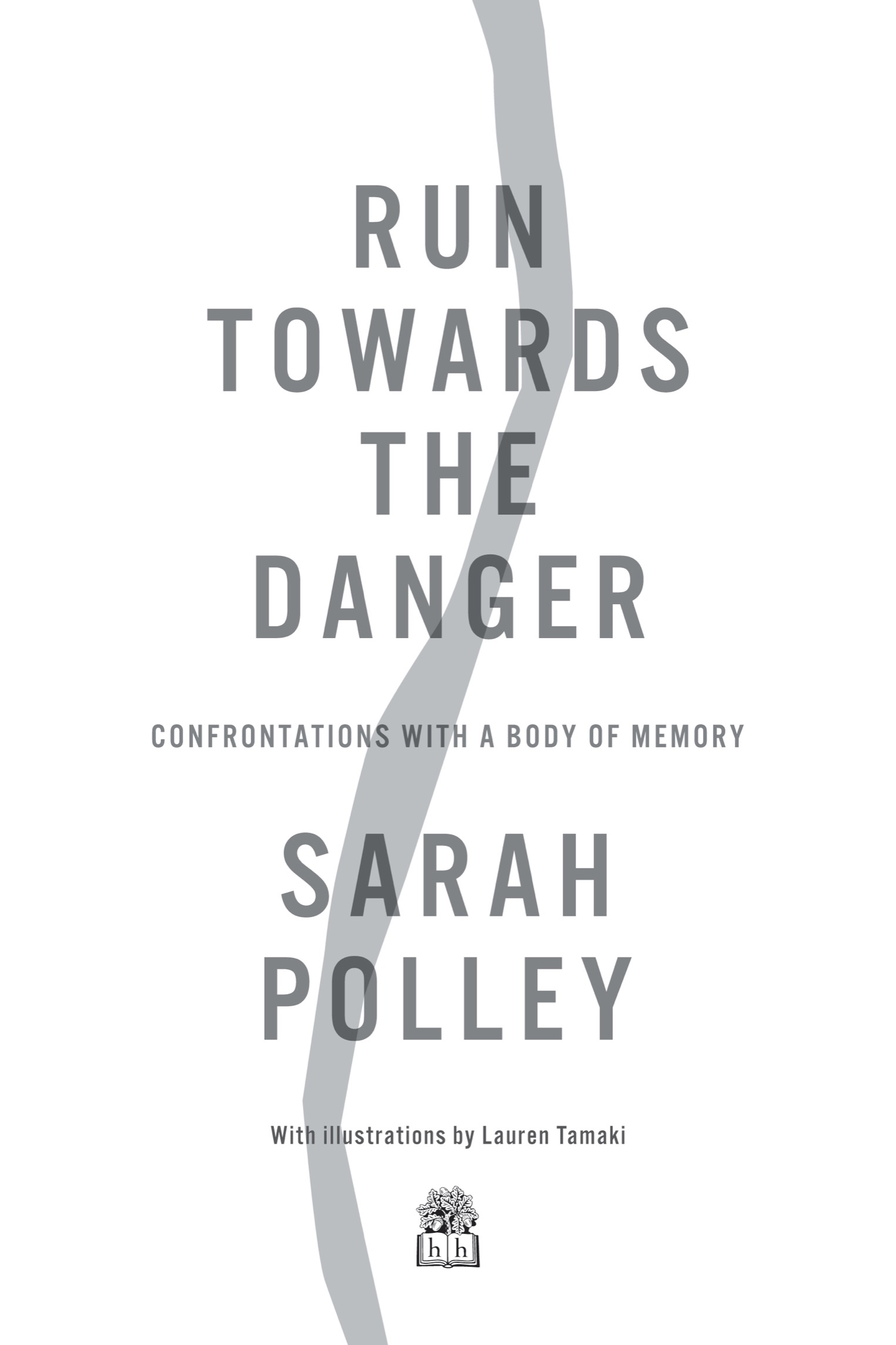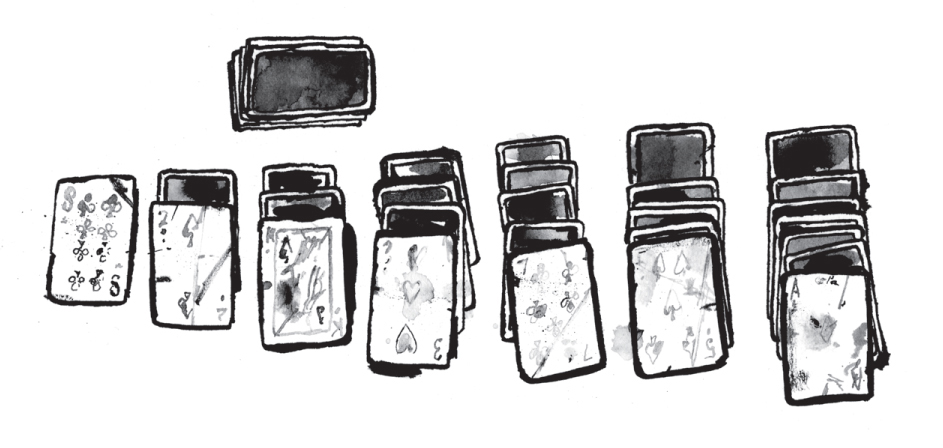Contents
Landmarks
Print Page List
hamish hamilton
an imprint of Penguin Canada, a division of Penguin Random House Canada Limited
Canada USA UK Ireland Australia New Zealand India South Africa China
First published 2022
Copyright 2022 by Sarah Polley
Let It Go from Frozen. Music and Lyrics by Kristen Anderson-Lopez and Robert Lopez 2013 Wonderland Music Company, Inc. All Rights Reserved. Used by Permission. Reprinted by Permission of Hal Leonard LLC.
Theres No Business Like Show Business by Irving Berlin 1946 Irving Berlin Music Co., admin by Williamson Music Co. (ASCAP), A division of The Rodgers & Hammerstein Organization: A Concord Company. All Rights Reserved. Reprinted By Permission.
All rights reserved. Without limiting the rights under copyright reserved above, no part of this publication may be reproduced, stored in or introduced into a retrieval system, or transmitted in any form or by any means (electronic, mechanical, photocopying, recording or otherwise), without the prior written permission of both the copyright owner and the above publisher of this book.
www.penguinrandomhouse.ca
Library and Archives Canada Cataloguing in Publication
Title: Run towards the danger / Sarah Polley.
Names: Polley, Sarah, author.
Identifiers: Canadiana (print) 20210154608 | Canadiana (ebook) 20210165936 | ISBN 9780735242883 (hardcover) | ISBN 9780735242890 (EPUB)
Subjects: LCSH: Polley, Sarah. | LCSH: ScreenwritersCanadaBiography. | LCSH: Motion picture producers and directorsCanadaBiography. | LCSH: Motion picture actors and actressesCanadaBiography. | LCSH: Psychic trauma. | LCSH: Memory. | LCGFT: Autobiographies. | LCGFT: Essays.
Classification: LCC PN2308.P65 A3 2022 | DDC 791.4302/8092dc23
Book and cover design by Kelly Hill
Interior illustrations by Lauren Tamaki

a_prh_6.0_139403811_c1_r0
Mrs. Beverley Panikkar let me write stories all day every day in Grade 2 and told me I would be a writer one day. I told her years later that if I ever wrote a book, I would dedicate it to the space, presence, and attunement she gave to the children she taught.
So here you go, Bev. And thank you.
Made possible by Eve, Aila, and Amy,
who have rewritten my life.
I love witnessing your stories unfold,
and you with them.
Contents
Preface
Living backwards! Alice repeated in great astonishment. I never heard of such a thing!
but theres one great advantage in it, that ones memory works both ways.
Im sure mine only works one way, Alice remarked. I cant remember things before they happen.
Its a poor sort of memory that only works backwards, the Queen remarked.
Lewis Carroll, Through the Looking-Glass
The working title of this book was Living Backwards, inspired by the Queens suggestion to Alice that memory can work more than one way. Living Backwards, though, sounds like a memoir that covers the scope of a lifetime. If this were a memoir or an autobiography, it would be woefully incomplete. I am both far luckier than these essays would imply if they were read as a map of my life, and I have experienced more trauma than I have given chapters to.
I originally wrote these essays as stand-alone pieces. I wrote some of them over many years, in some cases decades, abandoning them for long stretches, unsure if I had the courage to finish them or if they had a place in the world. As the essays began to shape themselves into a book, I realized that the connective tissue between them was a dialogue that was occurring between two very different time frames in my life. The past was affecting how I moved through the world, while present life was affecting how the past moved through me.
Ive been acutely aware that my childhood experiences inform my current life. I have, until recently, been less conscious of the power of my adult life to inform my relationship to my memories. When I was lucky enough to have experiences in adulthood that echoed pivotal, difficult memories, and to have those experiences go another, better way than they had in the past, my relationship to those memories shifted. The meaning of long-ago experiences transformed in the context of the ever-changing present.
The past and present, I have come to realize, are in constant dialogue, acting upon one another in a kind of reciprocal pressure dance.
When I first met concussion specialist Dr. Michael Collins, after three and a half years of suffering from post-concussive syndrome, he said, If you remember only one thing from this meeting, remember this: run towards the danger. In order for my brain to recover from a traumatic injury, I had to retrain it to strength by charging towards the very activities that triggered my symptoms. This was a paradigm shift for meto greet and welcome the things I had previously avoided.
As I recovered from my concussion, run towards the danger became a kind of incantation for me in relation to the rest of my life. I began to hear it as a challenge to take on the project of addressing and questioning my own narratives.
What follows are some of the most dangerous stories of my life: the ones I have avoided, the ones I havent told, the ones that have kept me awake on countless nights. These are stories that have haunted and directed me, unwittingly, down circuitous paths. As these stories found echoes in my adult life, and then went another, better way than they did in childhood, they became lighter and easier to carry.
These stories dont add up to a portrait of a life, or even a snapshot of one. They are about the transformative power of an ever-evolving relationship to memory. Telling them is a form of running towards the danger.
Alice,
Collapsing
I could tell you my adventuresbeginning from this morning, said Alice a little timidly: but its no use going back to yesterday, because I was a different person then.
Lewis Carroll, Alices Adventures in Wonderland
At least twice a week, I used to find myself in a periwinkle-blue poufy dress with a white pinafore. My stockings were striped and my hair was held firmly by a headband that dug into my head behind my ears. My breasts, still tender and growing, were painfully flattened by a tensor bandage. It was a dream that I frequently found myself in, where nothing anyone around me said made any sense and it was all hostile: hostile towards my common sense, hostile towards my youth, hostile towards my growing up. I knew I didnt want to be a child; I wanted to be a queen but I didnt want to be left alone, or tested, or made fun of or to do all the things that seemed to be necessary to become a queen. I would follow corkscrew paths. I had to run in order to stay in the same place. People would scream in pain before they were hurt. There was a mint in my mouth for good luck. I wanted to kill myself.
Sometimes when I woke from this dream, I remembered that I was, in fact, wearing a rose-coloured dress and not a blue one. Sometimes I corrected my subconscious. Most of the time, though, I woke up incapable of differentiating the portrait of myself from the iconic John Tenniel illustrations, coloured in modern reprints. I wonder if Alice Liddell had had the same problem.

